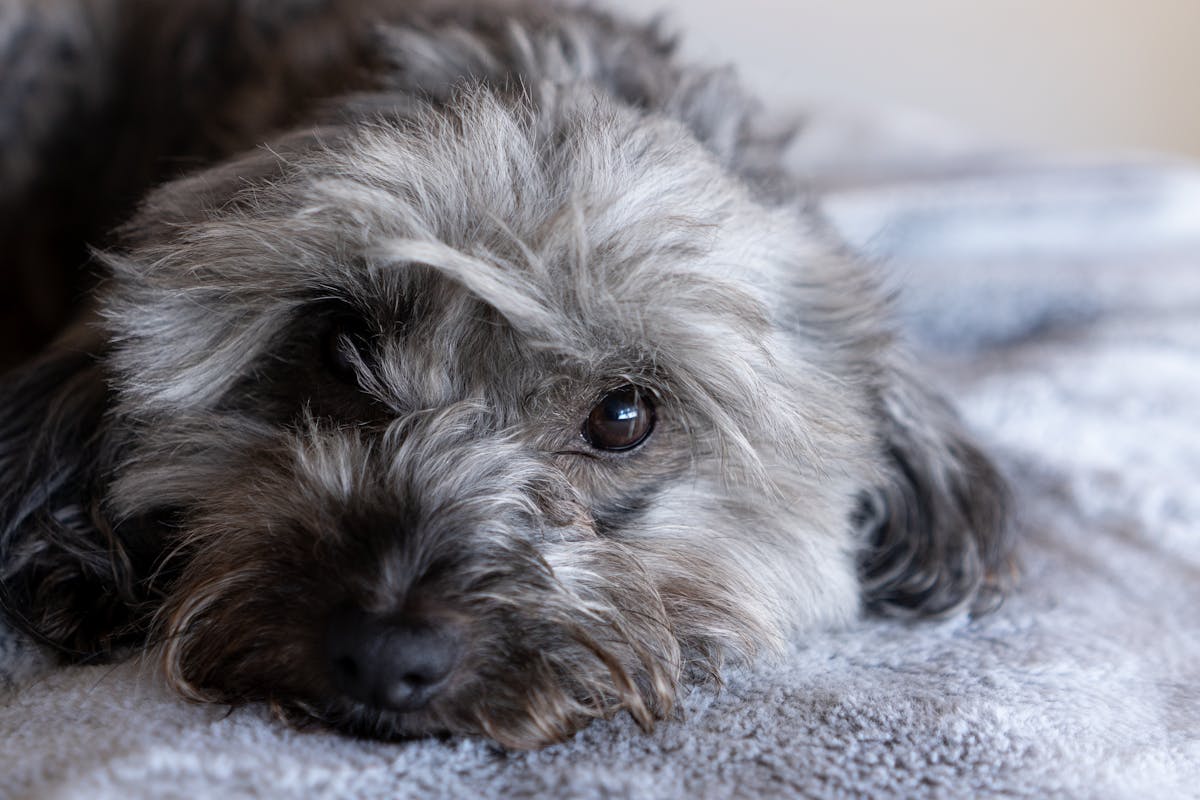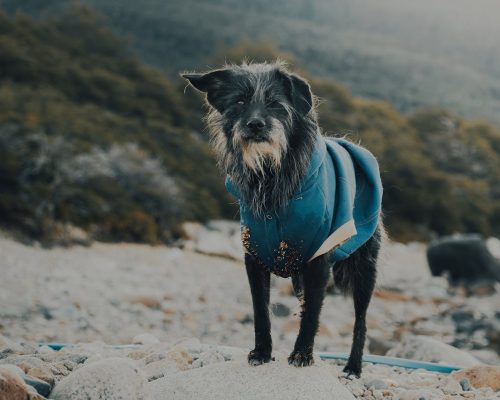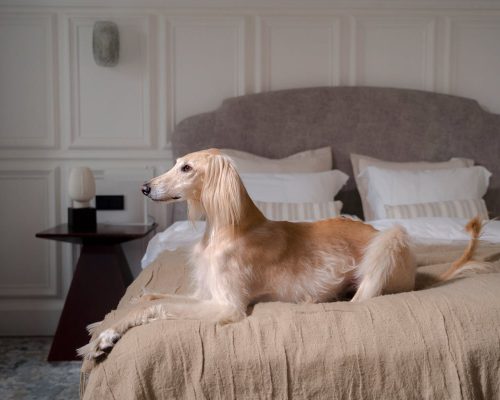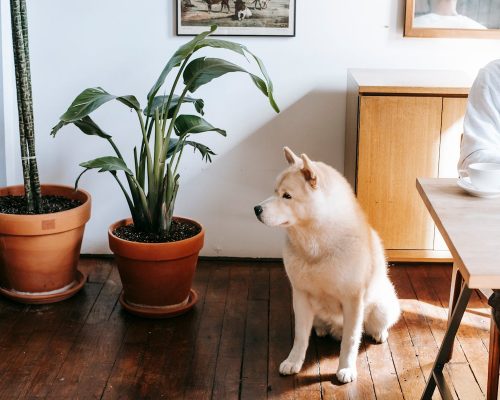Hypoallergenic dogs offer a solution, presenting breeds less likely to provoke allergic reactions. Understanding these breeds is vital for those yearning for a furry friend while navigating the challenges of allergies.
For many, the companionship of a dog is a cherished aspiration. Yet, for allergy sufferers, this dream can often seem elusive.
This article delves into seven exceptional hypoallergenic breeds, providing insights into their characteristics and care needs.
Table of Contents
ToggleWhat Does Hypoallergenic Mean?
The term “hypoallergenic” refers to substances that are less likely to cause an allergic reaction. In the context of dogs, hypoallergenic dogs produce fewer allergens, making them more suitable for allergy sufferers. However, it is crucial to recognize that no dog is entirely free of allergens.
The misconception that hypoallergenic dogs do not shed or produce dander can lead to unrealistic expectations. Instead, these breeds typically produce lower levels of allergens, providing a more tolerable experience for sensitive individuals.
The Science Behind Dog Allergies
Dog allergies primarily stem from proteins found in a dog’s skin, urine, and saliva. When dogs groom themselves, these proteins can become airborne, leading to allergic reactions in susceptible humans.
Hypoallergenic dogs differ in their coat composition and grooming habits, often shedding less dander and hair. For instance, many hypoallergenic dogs possess curly or wavy coats that trap dander, preventing it from circulating freely in the environment.
Factors to Consider When Choosing Hypoallergenic Dogs
Selecting hypoallergenic dogs involves more than just identifying a breed. Consider lifestyle factors such as activity level, grooming requirements, and living space.
Some breeds require extensive grooming to maintain their coat, while others may be more adaptable to smaller living environments. Evaluating these aspects will help ensure a harmonious relationship between the dog and its owner.
Best 7 Hypoallergenic Dog Breeds
Here is a selection of the best seven hypoallergenic dogs, each offering unique qualities and characteristics tailored to various lifestyles.
1. PoodleThe Best Small Dog Breeds for Every LifestyleBest Interactive Toys for Your Dog’s MindName Ideas: Top 20 Golden Retriever NamesThe Best Small Dog Breeds for Every Lifestyle

Poodles are among the most popular hypoallergenic breeds, known for their intelligence and versatility. Available in three sizes—standard, miniature, and toy—these dogs can adapt to various living situations.
Their curly, dense coat traps dander and minimizes shedding, making them an excellent choice for allergy sufferers. Regular grooming is essential to maintain their coat, as they require consistent trimming to prevent matting.
Poodles are not only hypoallergenic; they are also highly trainable, making them great companions for families and individuals alike.
2. Bichon Frise
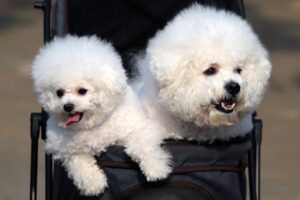
The Bichon Frise is a small, cheerful breed renowned for its playful personality. With a soft, curly coat, this breed is less likely to trigger allergies due to minimal shedding.
Bichons thrive in family environments and are known for their affectionate nature, often forming strong bonds with their owners.
Regular grooming is crucial to keep their coat in top condition, as they can develop mats if not properly cared for. Their vivacious spirit and adaptability make them a delightful addition to any home.
3. Maltese

Maltese dogs are small, elegant companions characterized by their long, silky coats and they are known for their affectionate demeanour.
Maltese dogs make excellent lap dogs, thriving in various living situations. While they do require regular grooming to maintain their beautiful coat, their low-shedding nature helps minimize allergic reactions.
These dogs are intelligent and eager to please, making them relatively easy to train. Their charming personalities and adaptability make them a popular choice among allergy sufferers.
4. Schnauzer
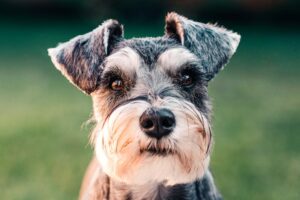
Schnauzers are distinct for their unique beard and eyebrows, adding to their charming appearance. Available in three sizes—miniature, standard, and giant—Schnauzers possess a wiry coat that sheds minimally, reducing allergens in the home.
Their energetic and playful nature makes them suitable for active families. Regular grooming, including trimming and brushing, is essential to keep their coat in good shape. Schnauzers are loyal and protective, making them excellent companions and watchdogs.
5. Portuguese Water Dog
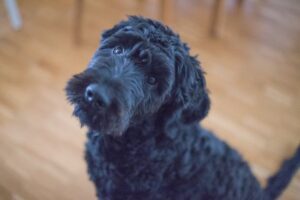
Portuguese Water Dogs are energetic and intelligent, originally bred for work on fishing boats. With a dense, curly coat similar to a Poodle, they are less likely to trigger allergies.
These dogs require regular exercise and mental stimulation to thrive, making them ideal for active individuals or families.
They are known for their loyalty and affectionate nature, forming strong bonds with their owners. Consistent grooming is necessary to maintain their coat, and they often excel in training, making them a joy to work with.
6. Soft-Coated Wheaten Terrier
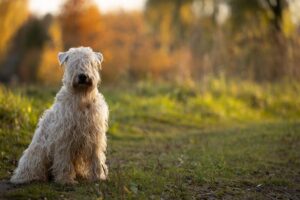
The Soft Coated Wheaten Terrier is known for its friendly disposition and soft, silky coat. These hypoallergenic dogs are adaptable and thrive in various environments, from apartments to larger homes.
Their low-shedding coat reduces allergens, making them suitable for allergy sufferers. Regular grooming is vital to keep their coat in excellent condition, as it can mat without proper care.
Wheaten Terriers are playful and affectionate, often getting along well with children and other pets, which enhances their appeal as family companions.
7. Basenji

Basenjis are unique in their dogged nature and exceptional cleanliness. Often referred to as “barkless dogs,” they communicate through yodel-like sounds, adding to their distinctive charm.
Their short coat minimizes grooming needs and sheds very little, making them an excellent choice for allergy sufferers.
Basenjis are intelligent and can be independent, requiring consistent training and socialization. Their energetic disposition means they thrive in active households where they can engage in play and exploration.
Conclusion
For allergy sufferers, owning a dog may seem like an unattainable dream. However, hypoallergenic dogs provide a viable solution, allowing individuals to enjoy the companionship of a canine without overwhelming allergic reactions.
Each breed outlined offers unique traits and care requirements, catering to various lifestyles and preferences. By carefully considering your needs and the characteristics of these breeds, you can find a loyal and loving companion that enhances your life without compromising your health.

